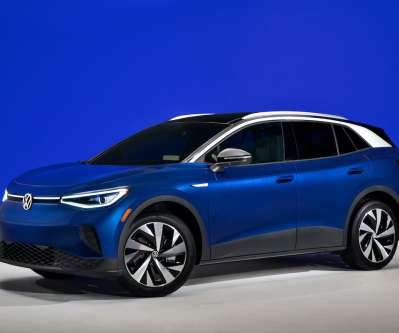Paris To Charge Higher Parking Fees for Large Vehicles and SUVs
The Truth About Cars
JULY 12, 2023
The entire world is seeking ways to mitigate climate change, but big changes don’t always slide by without some pushback from the public. Some European capitals will ban certain types of vehicles, and others have devised taxes and fees to incentivize driving less.












Let's personalize your content